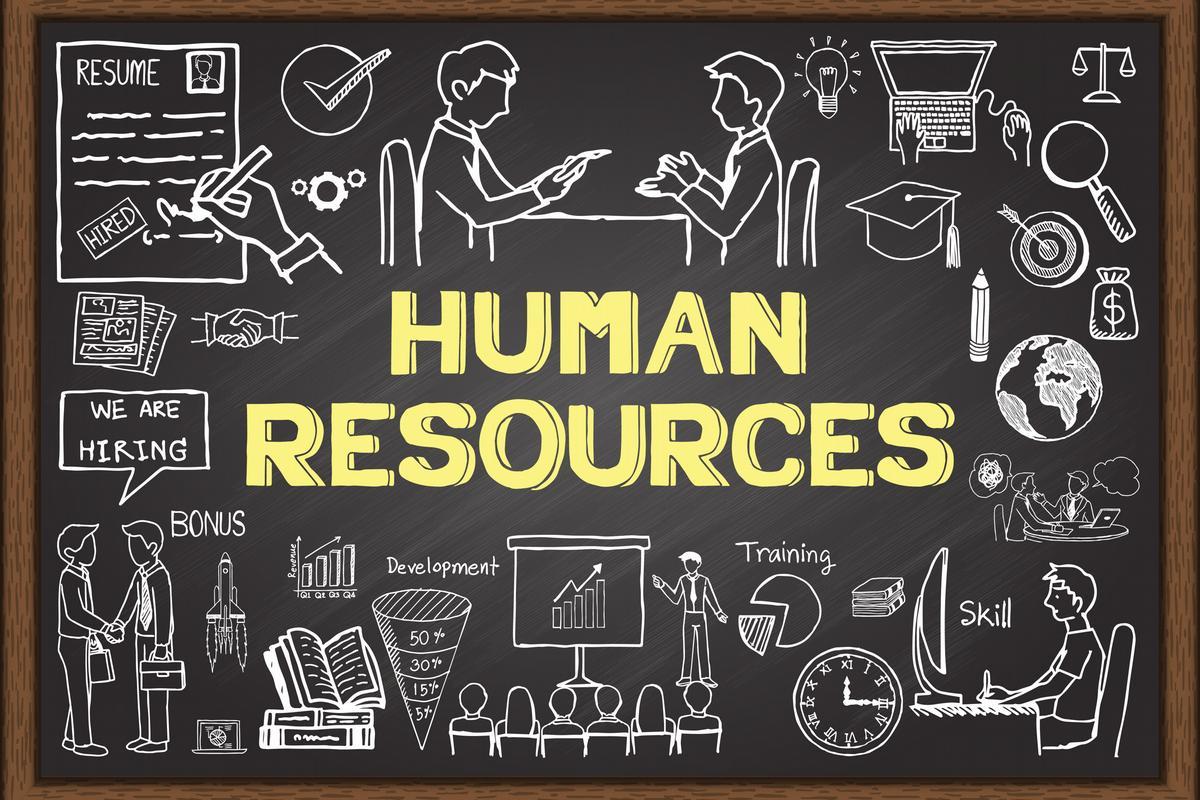HR professionals will certainly be familiar with the term "bias", which refers to prejudice or misconception. These are often unconscious prejudices about people we meet or deal with, and they can affect sound, rational judgement. HR managers should try to avoid these biases at all costs, not only to prevent discrimination but also because they could harm both themselves and the company by making poor decisions based on faulty assumptions. What are the most common forms such biases take in HR? And how to avoid them?
This text is based on an article on Forbes.
The halo effect
The halo effect consists in judging a person by their most distinctive trait. For example, if someone is introverted, we expect them to be unable to speak in public or sell well. You should try to avoid the halo effect in both recruitment and appraisal of employees.
Being heavily influenced by recent events
When evaluating people and workers, we often tend to focus on the current situation or recent events. So, for example, if you were to write a review of an employee and their performance over the last year, you would probably give most weight to events that occurred in the last month in relation to the employee. If you want to assess someone's performance, always try to look at a longer period of time and development, not just the events of the last few days and weeks.
Prioritising people similar to ourselves
Humans are programmed to tend towards people made of the same dough, so to speak. Unfortunately, even professional HR managers are prone to this psychological process: for example, they may prefer a candidate who comes from the same city, has the same interests, or belongs to the same demographic or social group as the recruiter. However, recruiters should always avoid this behaviour and evaluate candidates and employees as objectively as possible.
-mm-


